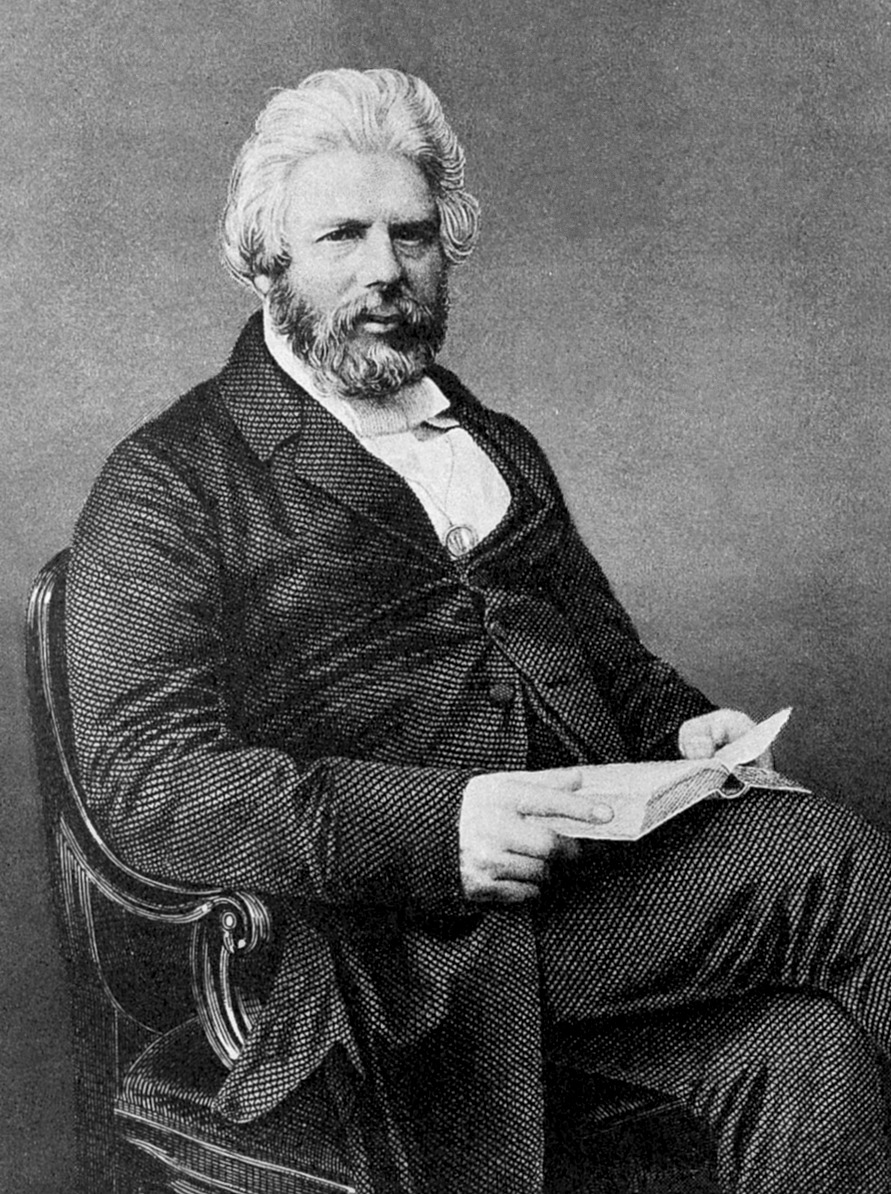Robert Chambers, Chambers's Information for the People (1875) Vol. 2 https://books.google.com/books?id=vNpTAAAAYAAJ
Robert Chambers: Citations en anglais
Source: Vestiges of the Natural History of Creation (1844), p. 388
Source: Testimony: its Posture in the Scientific World (1859), p. 2
Source: Vestiges of the Natural History of Creation (1844), p. 294
Source: Vestiges of the Natural History of Creation (1844), p. 320
Source: Vestiges of the Natural History of Creation (1844), p. 250
Source: Sanitary Economy (1850), p. 13
Source: Vestiges of the Natural History of Creation (1844), p. 205
Source: Testimony: its Posture in the Scientific World (1859), p. 9
Source: Testimony: its Posture in the Scientific World (1859), p. 1-2
Source: Vestiges of the Natural History of Creation (1844), p. 60
Source: Testimony: its Posture in the Scientific World (1859), p. 14
Source: Vestiges of the Natural History of Creation (1844), p. 293
Source: Vestiges of the Natural History of Creation (1844), p. 195
Source: Vestiges of the Natural History of Creation (1844), p. 305
Source: Vestiges of the Natural History of Creation (1844), p. 388
Source: Vestiges of the Natural History of Creation (1844), p. 204-205
Source: Vestiges of the Natural History of Creation (1844), p. 61
Contexte: Ascending to the next group of rocks, we find the traces of life become more abundant, the number of species extended, and important additions made in certain vestiges of fuci, or sea plants, and of fishes. This group of rocks has been called by English geologists, the Silurian System, because largely developed at the surface of a district of western England, formerly occupied by a people whom the Roman historians call Silures.
Source: Vestiges of the Natural History of Creation (1844), p. 154
Source: Vestiges of the Natural History of Creation (1844), p. 390
Chambers and his brother William were both born with this condition. Robert was made lame by the operation to remove the sixth digits from his feet.
Source: Vestiges of the Natural History of Creation (1844), p. 282-283
Source: Vestiges of the Natural History of Creation (1844), p. 278-279
Source: Vestiges of the Natural History of Creation (1844), p. 152
Source: Vestiges of the Natural History of Creation (1844), p. 20
Source: Vestiges of the Natural History of Creation (1844), p. 197
Source: Vestiges of the Natural History of Creation (1844), p. 6-7
Source: Vestiges of the Natural History of Creation (1844), p. 212
Source: Vestiges of the Natural History of Creation (1844), p. 153
Source: Vestiges of the Natural History of Creation (1844), p. 30
